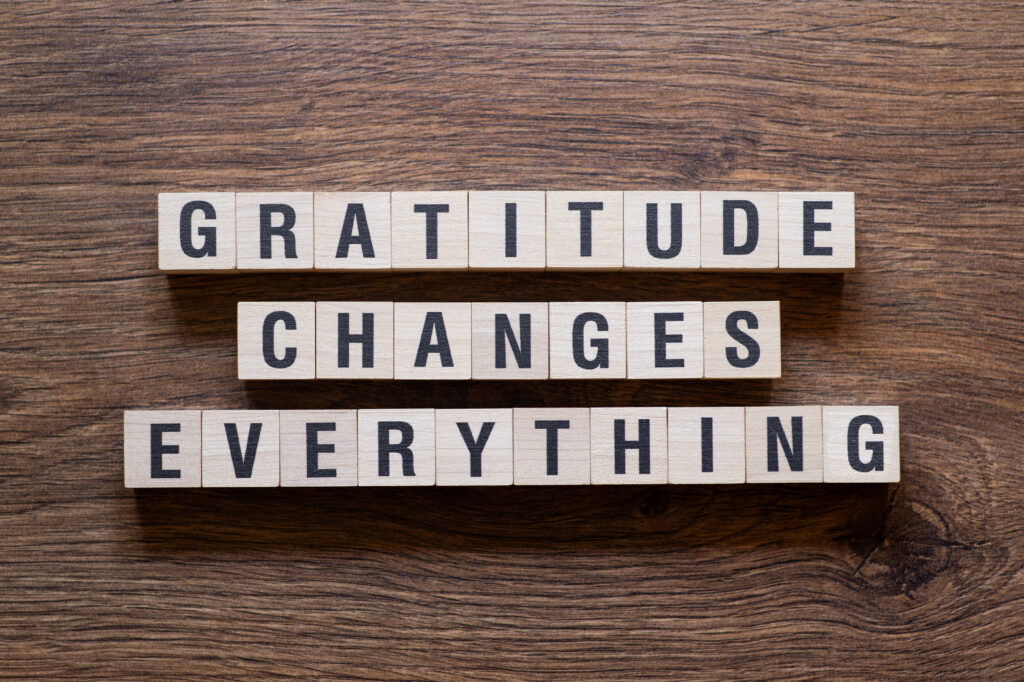
Empowerment doesn’t come through conquering and enslaving others
Dr. Lisa Aiken, Ph.D.
People want to feel empowered. Many civilizations, including the Egyptians, made that happen by conquering and enslaving others. Julius Caesar’s famous quote, “I came, I saw, I conquered” sums up the mentality that I am powerful if I can subjugate others.
The Torah tells us otherwise. The Hebrew word for Egypt, “mitzrayim,” comes from the root, “metzarim,” which means “narrow places.” A person who thinks that they have to change or demean others is actually stuck in a narrow place. The Egyptians had a pantheon of thousands of gods whom they hoped would enable them to control the world. They worshipped one god that they hoped would make their crops grow well. Another god would make the sun shine. Yet another would guarantee them safe passage into the next world. Life was spent trying to manipulate people and forces outside of themselves in order to get what they wanted.
On Passover, G-d took the Jews out of Egypt and took the Egyptian mentality out of the Jews. Someone who thinks that they will get what they want out of life by manipulating others, competing with others, working the stock market, and constantly thinking about how to make more money is a slave to the machinations of their mind.
The message of Passover is that we can be stuck in a very narrow mindset with negative character traits where we get angry or impatient when we don’t get what we want. We can overly value material things and money at the expense of being honest, ethical and responsive to people in our lives. We can be egocentric and jealous instead of appreciating that each of us is unique and has a unique purpose for being alive.
The purpose of life is not to compare ourselves with others, not to try to get what others have, nor to focus on getting others to do what we want so that we can feel good. Our job is to change our attitudes and ourselves so that we can be free to contribute what we were put here to do.
G-d gave us freedom from Egyptian taskmasters so that we could be free to become better people who care about and appreciate others, who are honest and ethical, and who give more than they take.
An important message of Passover is that my life doesn’t depend on changing those around me. My boss, my spouse, my friends, my children are not my source of happiness and fulfillment. It’s how I treat them that matters. The only person that I can change in this world is me. On Passover, our takeaway message is that with G-d’s help we can be whoever we want to be. It doesn’t depend on anyone else but me.
So the next time you think about who “made me” upset, who “got me angry,” who “ruined my day,” realize that we live in a world where upsets will always happen. The Almighty makes sure that you will have them in order to insure that you grow out of a narrow mindset. In a world that emphasizes rights, Judaism emphasizes what my responsibilities are—to others, to myself, to my Maker. I cannot make sure that others will do what I want, so that leaves it up to me to make sure that my attitude is one of gratitude and appreciation and that my days are filled with doing meaningful things and working on myself to be happy with what I have.
Going out of Egypt wasn’t only 3,300 years ago. We can remember, and do it, every day of our lives. Happy Passover!

Dr. Lisa Aiken has been a psychologist who works with individuals and couples for nearly 40 years. She has authored and co-authored 11 books on a variety of Jewish topics, including Guide for the Romantically Perplexed. She has also given talks to diverse audiences in more than 250 cities on six continents.



